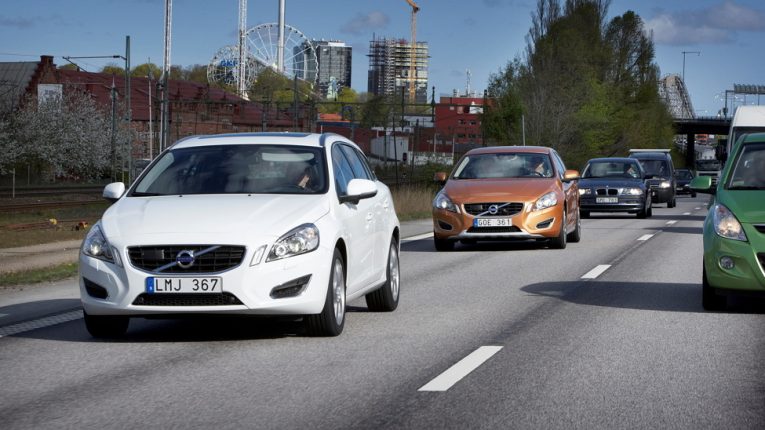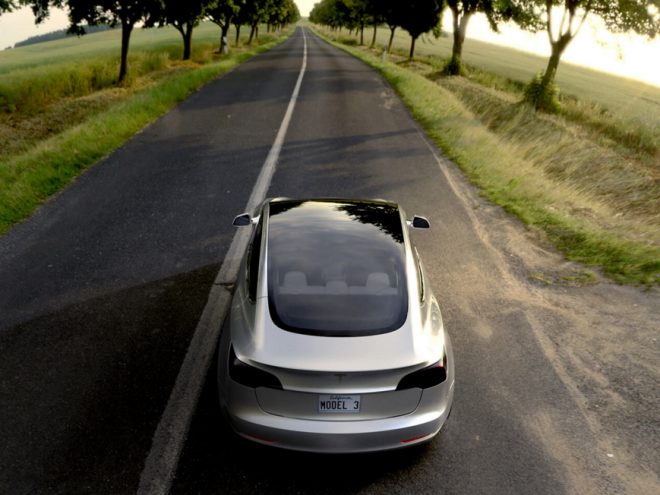
Volvo Initiates Pilot Project with Self-Driving Cars on Public Roads
Volvo will play a leading role in the world’s first large-scale autonomous driving pilot project in which 100 self-driving Volvo cars will use public roads in everyday driving conditions around the Swedish city of Gothenburg.
The ground-breaking project ‘Drive Me – Self-driving cars for sustainable mobility’ is a joint initiative between Volvo Car Group, the Swedish Transport Administration, the Swedish Transport Agency, Lindholmen Science Park and the City of Gothenburg.
The ‘Drive Me’ project is endorsed by the Swedish Government. The aim is to pinpoint the societal benefits of autonomous driving and position Sweden and Volvo Cars as leaders in the development of future mobility.

The pilot will involve self-driving cars using approximately 30 miles of selected roads in and around Gothenburg. These roads are typical commuter arteries and include motorway conditions and frequent queues.
Focus areas
The ‘Drive Me’ project will focus on a number of areas, such as:
- How autonomous vehicles bring societal and economic benefits by improving traffic efficiency, the traffic environment and road safety
- Infrastructure requirements for autonomous driving
- Typical traffic situations suitable for autonomous vehicles
- Customers’ confidence in autonomous vehicles
- How surrounding drivers interact smoothly with a self-driving car
The project will commence in 2014 with customer research and technology development, as well as the development of a user interface and cloud functionality. The first cars are expected to be on the roads in Gothenburg by 2017.

Joining forces
Recognizing that growing urbanization continues to put pressure on transport systems in and around urban areas all over the world, ‘Drive Me’ addresses the need to join forces in the quest to develop a sustainable society and mobility.
Enriching city life
The ‘Drive Me’ project will help define the role of self-driving vehicles in future city planning. By paving the way for more efficient land use they can contribute to reducing infrastructure investments. Self-driving vehicles can also enrich city life in other ways, such as by lowering emissions and thus improving air quality and traffic safety.
Making Gothenburg the arena for this unique public pilot is a strong demonstration of the city’s aim to pioneer the development of efficient, clean and safe urban transportation systems.
Individual benefits
Autonomous driving will give significant consumer benefits. It will fundamentally change the way we look at driving cars. As a driver in the future, you will be able to plan your drive with a mix of autonomous and active driving, making your daily journey more efficient.
Autonomous driving will pave the way for more efficient time-management behind the wheel. You will be able to interact safely via phone or tablets or simply choose to relax.

Prepared for autonomous drive
The vehicles in the pilot project are defined as Highly Autonomous Cars, according to the official definition by the Federal Highway Research Institute (BASt) in Germany. In practical terms this means that the responsibility is handed over to the vehicle, which can handle all driving functions at the driver’s discretion. The driver is expected to be available for occasional control but with a sufficiently comfortable transition time.
The 100 Volvo cars driven by customers will be new models developed on the company’s upcoming Scalable Product Architecture (SPA). The architecture is prepared for the continuous introduction of new support and safety systems all the way to technologies that enable highly autonomous drive. The first SPA model will be the all-new Volvo XC90, which will be introduced in 2014.
Autonomous parking included
The project also includes fully automated parking, without a driver in the car. This allows the driver to walk away from the car at the parking entrance while the vehicle finds a vacant spot and parks by itself.









